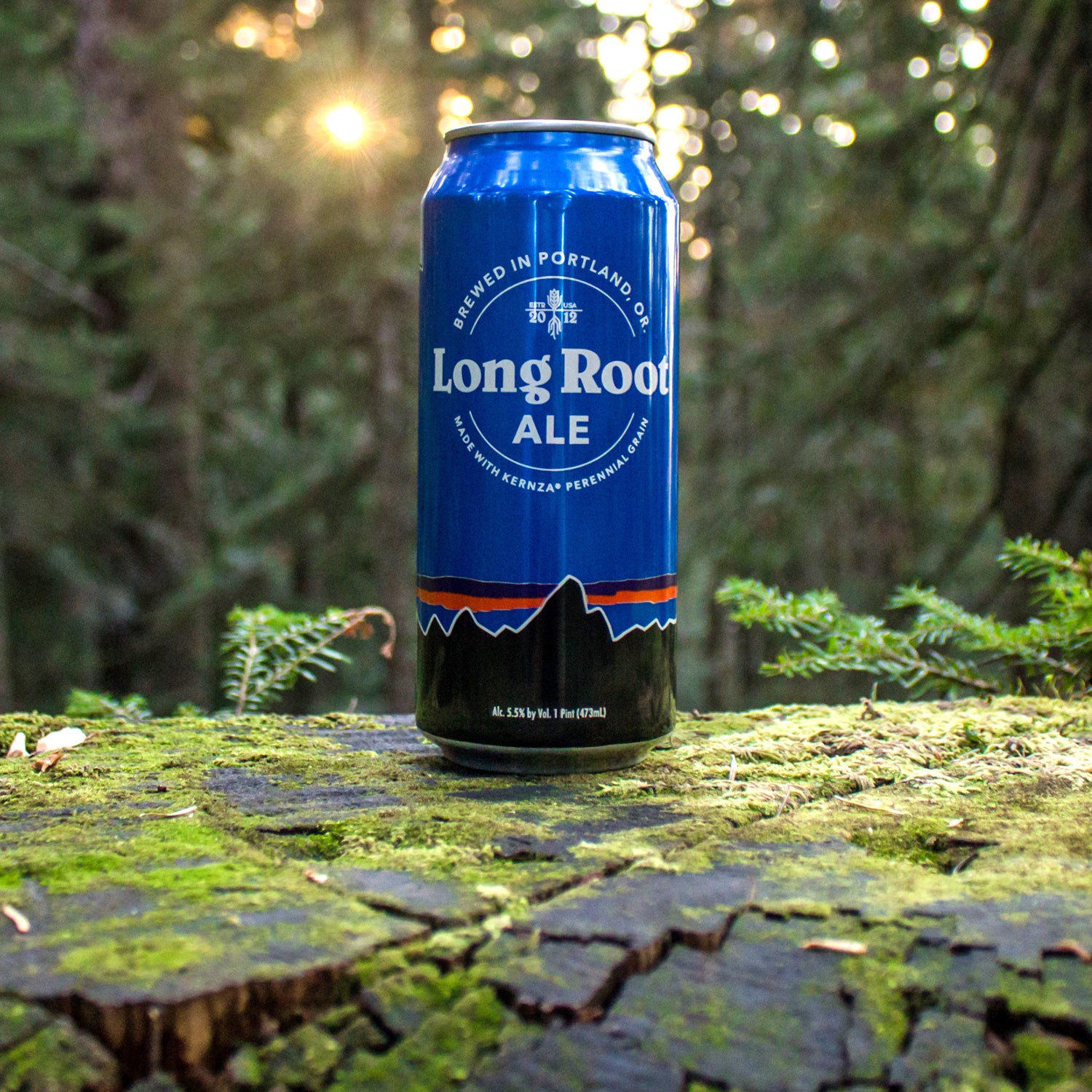Patagonia has already mastered the puffy and successfully launched a line of sustainable foods and snacks. Now it wants to bring its Earth-first manufacturing philosophy to craft brewing, adding the first beer to its Patagonia Provisions lineup: .��
The company first entered the beer market in 2013, partnering with New Belgium for a 40th anniversary beer. “It was really just a special-event beer,” says Brigit Cameron, the senior director for Patagonia Provisions. When the leftover cans got snapped up, the company realized there might be enough interest to produce a brew for wide-scale distribution.
But Patagonia doesn’t add products to its just based on demand. “Every product has to have a deep reason for being,” says Cameron. “The whole mission is to rethink our food-supply chain.” For example, Patagonia Provisions doesn’t produce shelf-stable sockeye salmon just because it’s a delicious thing to pull out of your pack on a hike. It does it to support sustainable commercial fishing practices, with the idea being that if sustainable fishing can become lucrative, more fishermen will choose to participate.
So how could they apply the same philosophy to beer?
Enter kernza, a Eurasian grass that produces a wheat-like product. In 1983, plant breeders at the , a Kansas-based non-profit doing sustainable agriculture problem-solving, started experimenting with a perennial grain. While most grains are annuals—fields must be re-tilled, plowed, and planted each year—kernza sticks around all year, with no need for a costly replanting process.
“It’s not overwhelming, but you find your palate hunting for it. It lingers with just a touch of heat, but it has a mellowness like a rye would produce.”
Perennials like kernza are good for agriculture for a few reasons. First, tilling the soil almost always results in at least some topsoil loss, even when using best practices. And running tractors to re-plow and re-sow sucks up fossil fuels. A grain that comes back year after year has a softer footprint than its one-season-and-done cousins. Plus, kernza's giant root system can actually reduce carbon in the atmosphere, says Cameron. This process “is going to be so important for mitigating climate change,” she says.��
While the Land Institute has spent the last 30 years perfecting the grain for North American growing, there was still one issue: no market for the final product. Which is where Patagonia Provisions comes in. “We want farmers to know that if you grow this kernza, we’ll take it,” says Cameron.��
And they'll brew it. Long Root Ale, which will be available in select Whole Foods starting Monday, uses kernza for about 15 percent of its grain makeup. “It’s not overwhelming, but you find your palate hunting for it. It lingers with just a touch of heat, but it has a mellowness like a rye would produce,” says Christian Ettinger, the founder and brewmaster at in Portland, Oregon.��
Hopworks, which has been a leader in organic brewing since it opened in 2007, brewed the beer for Patagonia. Cameron says choosing Hopworks as a partner was easy. “They’re a B-corporation, we’re a B-corporation. They’re fully organic certified and they really, deeply care about the things we care about,” she says. As for Ettinger, he says that getting that call from Patagonia was one of the highlights of his career.��
Still, it wasn’t all hugs and beer mugs clinking when it came to crafting the final product. Ettinger's natural instinct was to create a really hoppy, Northwest-style beer. But the California contingent wanted something more session-able. After a few iterations, they finally met in the middle, with a 5.5 percent ABV ale.��
For now, Long Root Ale is only available at West Coast Whole Food locations. However, the company is eyeing expansion to the East Coast. And this may not be the last kernza offering from Patagonia: Ettinger says that he wants to continue playing with the grain, perhaps experimenting with malting it or doing a brew with a higher percentage of the stuff.��
The only real departure between this beer and the rest of Patagonia’s offerings? While the company’s puffies and corduroy pants are known for lasting decades, the beer doesn’t. Before you know it you’re eyeing the bottom of the can and reaching for another.��


